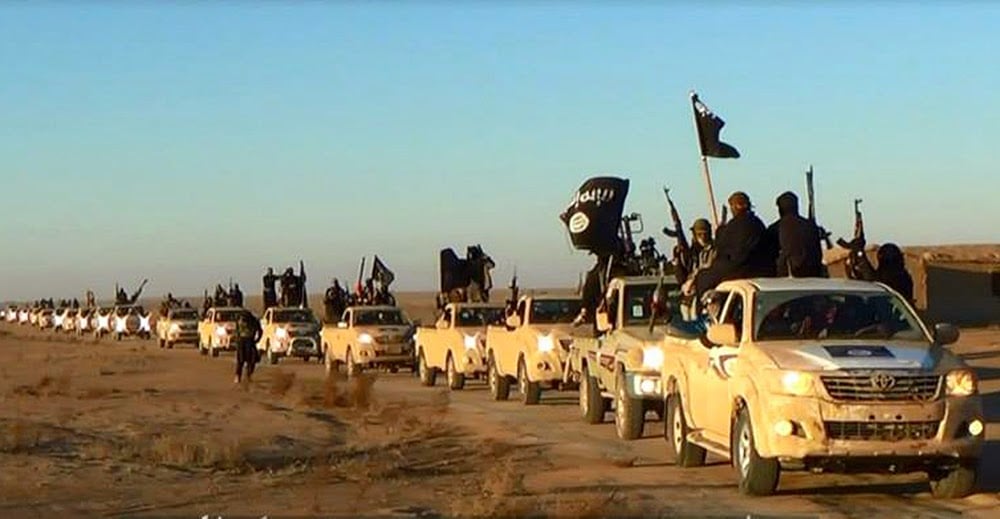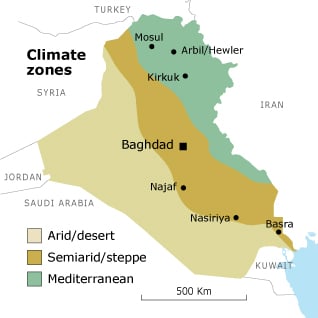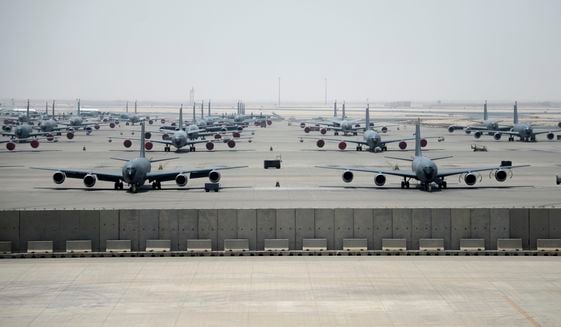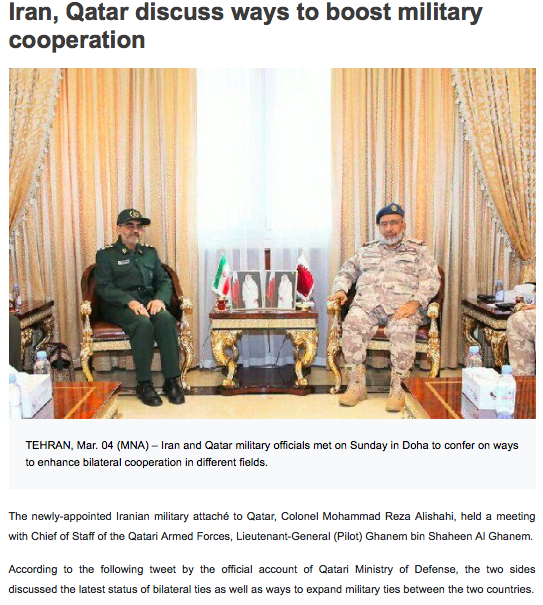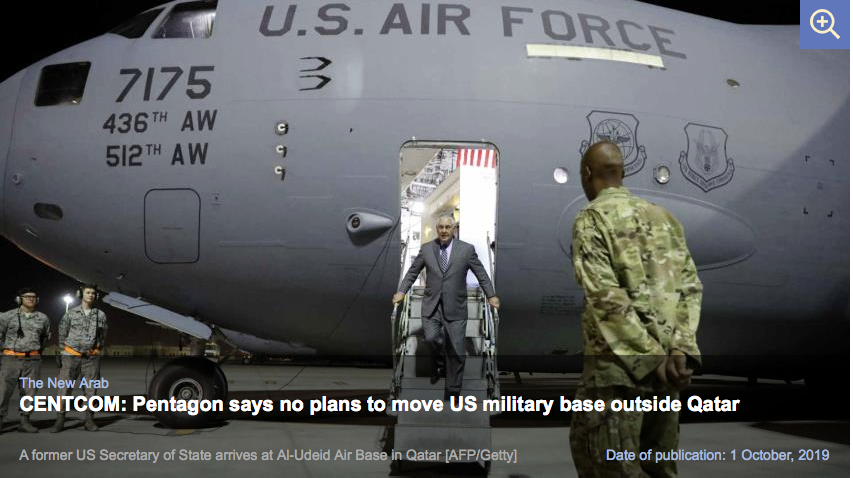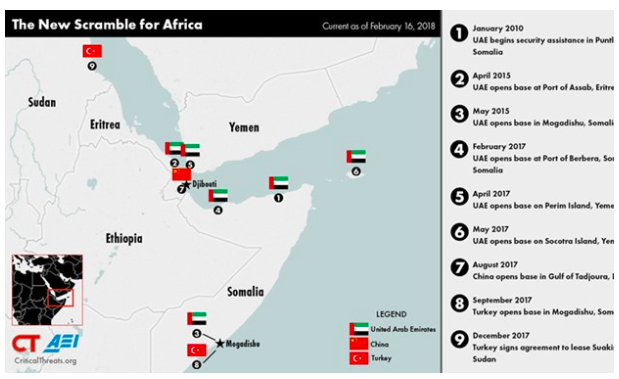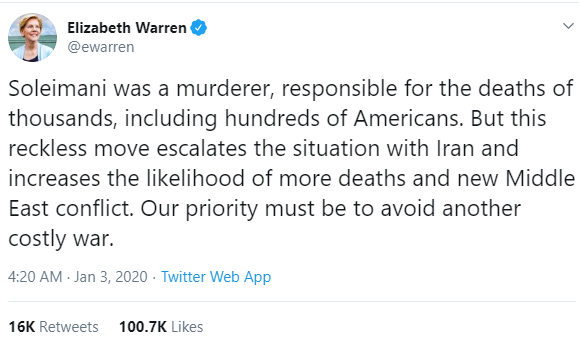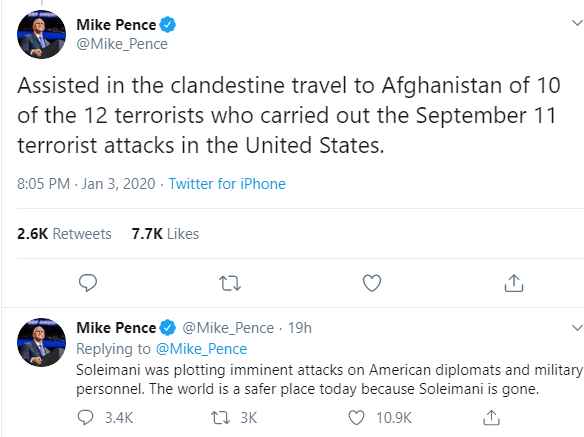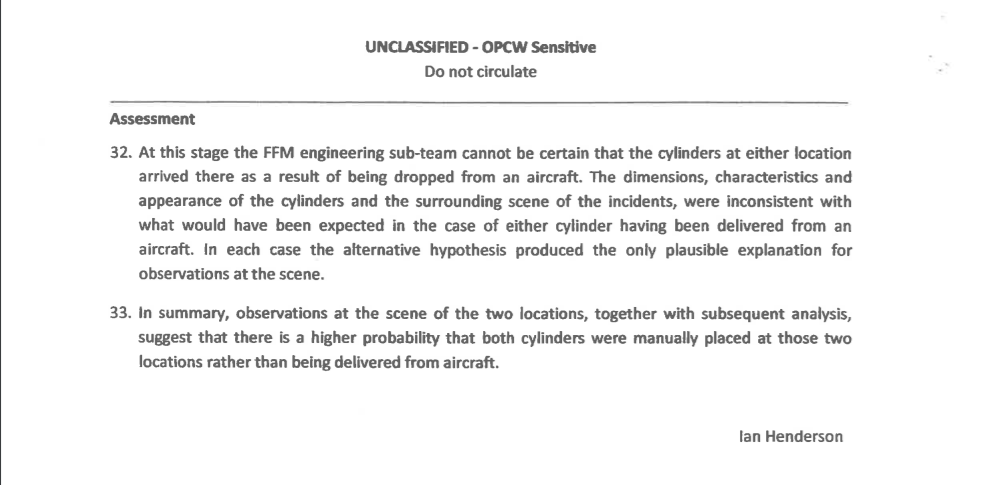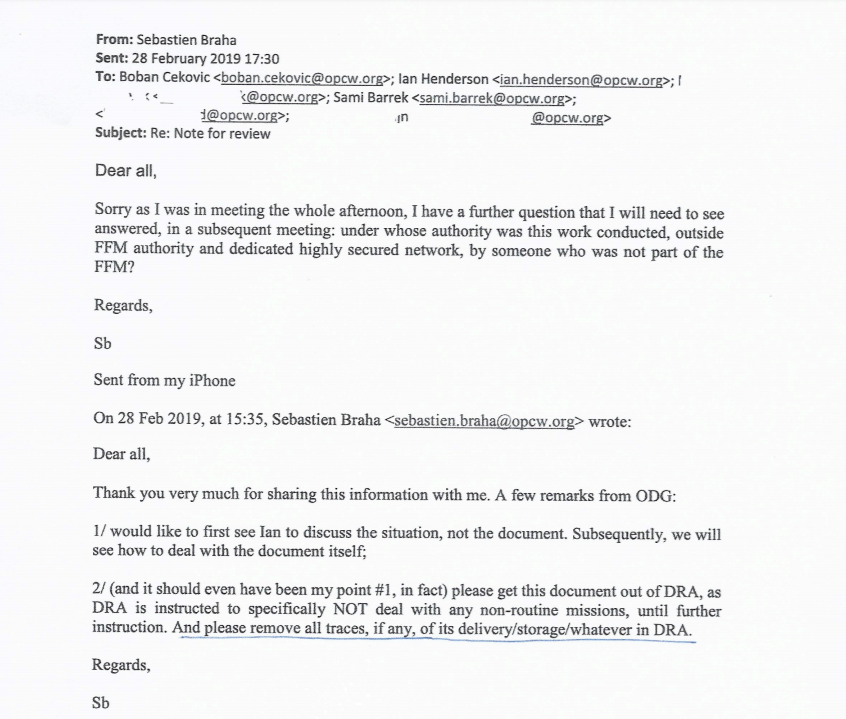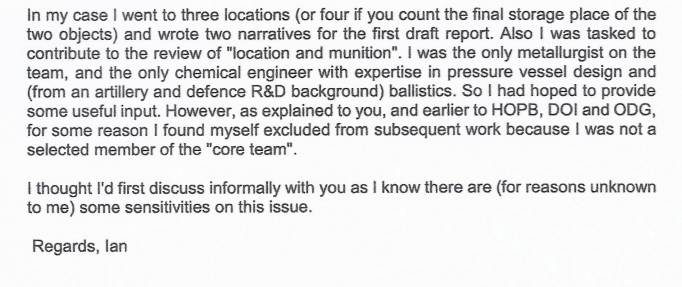Once in a while, people ask me: “Why did you accept the US citizenship, many years ago?” “After all,” they say, “now you are one of the most vocal critics of the United States, and of the West in general.”
Perhaps I never explained, or I did, some time ago, and now it is forgotten. So, let me try again, now that the world is facing destruction, and an unpronounced but real “new cold war” is ruining millions of lives.
First of all, let me clarify: I am a novelist. That’s what I am, essentially, no matter what other stuff of mine you are reading, and no matter what films of mine you are watching.
Really, seriously, you did not know? Of course, you did! Journalists do not write like this.
As a novelist, since my childhood, I was in love with the literature that used to be written in the United States. I am talking about North America about which people hardly know much, now.
The America of Huckleberry Finn, of Captain John Yossarian from “Catch 22”, or Robert Jordan from “For Whom the Bell Tolls”.
Commercialism, Western propaganda and so-called political correctness, made that country of daring, rebellion, dreams, and yes – depth – almost disappear from the ‘cultural radar’, all over the world. Selfishness, narcissism and lately, the inability to even listen to others, has made American culture basically ruin itself, and in the process, to ruin its literature, its society and what was positive about its very essence.
Also, it has managed to destroy the image of itself, all over the world.
*
“My America” was actually a country which we knew, loved and cherished in Leningrad and Prague, perhaps even much more than in Chicago or Atlanta. A country of giants such as Faulkner and Hemingway, Nathanael West, Steinbeck, Dreiser, Heller, Tennessee Williams, and Eugene O’Neill.
This America is now thoroughly unknown in the neo-colonies, from Jakarta to Guatemala, and from Nairobi to Riyadh.
The America that is renowned nowadays is that of the cheapest pop, of Hollywood blockbusters, sitcoms, junk food and junk clothing. An America of a pathetic narrative, of dumb slang, predictable humor and feel-good rubbish.
Yet, it was that deep, unknown, and mysterious America full of powerful and often dark narratives, as well as of brave voices, with which I fell, decades ago, deeply in love.
I fell in love with it, got enormously inspired by it, but when it changed and lost most of its strength, when it gained the excessive amount of aggressiveness and ignorance, I had no choice but to leave it behind.
I always loved Faulkner, but suddenly there was no figure of his magnitude.
I loved Hemingway, but he has been smeared by the mainstream critics, clearly because he fully supported the Cuban Revolution and despised imperialism. In the end, he got essentially murdered by the U.S. regime.
I loved the naughtiness, madness, aggressive anti-establishment humor of Joseph Heller. Yes, his books used to be bestsellers, although they were trashing everything from U.S. militarism, to the U.S. corporate culture. In his era, and when I was a child, his novels sold like hot potatoes. In the United States, there are no writers like him, now. Nobody dares to write as he did. Writers are silenced by “political correctness”, by self-censorship, and by the desire to please increasingly oppressive publishers. Intuitively, they know what is expected from them. They play the game. It is huge business. Like journalism, and, as in academia.
Now, in the United States, as well as in the United Kingdom and Germany, there are numerous literary awards, which reward mediocrity, but there are hardly any literary giants.
*
North American writers were well ahead of their time. At least some of them were.
Recently, when I was visiting my friends at the “Left Word” publishing house in New Delhi, India, I was surprised to find a Mark Twain book about the crimes against humanity committed by King Leopold II of Belgium, in Congo! Part of the Belgian establishment is still denying these crimes, to this day. A hundred years ago, Mark Twain rose in defense of a destroyed African nation.
Hemingway clearly understood the enormity of Mark Twain, as he also understood Africa. In his “Green Hills of Africa”, he wrote, in fact he smashed America with one powerful thought:
“All modern American literature comes from one book by Mark Twain called Huckleberry Finn. If you read it you must stop where the Nigger Jim is stolen from the boys. That is the real end. The rest is just cheating. But it’s the best book we’ve had. All American writing comes from that. There was nothing before. There has been nothing as good since.”
Hemingway also clearly understood his times. Quoted in Look in May of 1954, he said:
“There is nothing wrong with Senator Joseph McCarthy of Wisconsin that a .577 solid would not cure”.
Now, wouldn’t you love the literature of a country, which dares to drop such verbal bombs? These days, such a statement would land you in the Guantanamo camp. Of course, Hemingway, according to several declassified FBI files, was given an overdose of electric shocks, at a mental clinic, when he was seeking help for depression; something that later drove him to suicide. But he dared, and others dared, as well.
*
I spent time in the deep south of the country, when I was young. I used to drive around, tempting fate with my New York license plates. I listened to countless stories in Mississippi, Louisiana, Alabama and Texas. It was all depressing, as it was all enormously powerful.
The United States is a segregated country. If they tell you it is not, they lie. It was, when I lived there, and it still is, now. They hit you with political correctness in order to shut you up, so you don’t say it, write it, or even hear how deeply it is divided.
But in the past, you could park yourself in a bar, somewhere in Louisiana, and take it all in. It was dangerous, unsettling, but it was true life, and if you were young, and had guts, it was the best school for writing fiction: the stories, the people, all raw, exposed, painful, and in a very twisted way, beautiful.
Paris was an escape for many. If you were born an American, and you were black, you just couldn’t live in the United States. It would crush you, humiliate you, kill you. Unless you were chasing awards, and were willing to soften things up, like Toni Morrison did at some point. But if you were like Richard Wright, one of the very best, one of the greatest, and the author of Black Boyand Native Son, you simply had to go: say it all and leave in total desperation.
I became an American, because I read Twain and Hemingway and Faulkner. And then, after I read and understood, I mean truly understood Native Son, I couldn’t, anymore; I couldn’t even live in the country. Native Sonand Another Countryby James Baldwin, broke me into pieces. I read and cried, drank myself silly, vomited, and felt as if being hit in my abdomen. It was tremendous, precise, fatal. It was the end of America: it exposed the true America, and it put a cross on top of it; a funeral cross.
*
Why am I writing all this now?
It is because America (or as they always correct it south of the border – The United States – because America is everything, from Canada to the austral tip of Argentina and Chile), with all its horror that it has spread to all corners of the world, should be and has to be understood.
Not because “it deserves to be understood”, but because the countries that were horrendously hit by it, deserve to know, what is it, that has been tormenting them, for years and decades?
But this deep, perverse, fatal United States, so well described by its tremendous writers of the past, is now totally unknown in Africa, Asia, the Middle East. Perhaps it is, to some extent, in Latin America and Europe, but almost nowhere else.
What is exported are primitive beats and computer-generated images, falsely described as films. It is that toxic food, sold in chain eateries. It is the plastic cartoon production of soulless movies for children, as well as theme parks which are destroying the imagination and ability to dream.
There is a reason for all of this.
The great literature, music and cinema of the United States, have become indigestible in the United States itself, and in the colonies. The great arts of the U.S. are actually “dangerous”, as they unveil the collapse of the country, its rotten roots, hypocrisy, arrogance and aggressiveness.
The greater the writers, the more decisive, more horrifying is their description of the Empire.
In John Steinbeck’s Grapes of Wrath, a woman who lost her child during the Great Depression, gives her breast, still full of milk, to a man, a stranger who is dying from hunger. She does it on the road. She is a mother. He is her child, a fellow American. That moment is as big as life itself; it feels like those endless open spaces of her country.
That is the America that I wanted to know. The America of which I still managed to catch a glimpse of, before it disappeared like a mirage.
But this is not America that the Western regime wants us to know.
In Hemingway’s “For Whom the Bell Tolls”, an American high school teacher, Robert Jordan, is waiting, rifle in his hand, for the advance of fascist troops in Spain. The love of his life, Maria, a brave Spanish woman, had her head shaved; had been gang-raped. And Robert Jordan is there, to fight and to die for a socialist Spain. As Hemingway was ready to live and to die for Cuba, no matter what the Western regime has been telling us about him.
*
The thing is, if you live elsewhere, outside the United States, the chances are that you will know nothing about the real United States. You will know close to zero about the writers who stood by it, were defending its people, and were constantly confronting it, when the country turned into an empire and began behaving like a monster.
Even those writers that you know, will be fed to you in a small dose. If it is William Styron, chances are that you will be directed to his Sophia’s Choice, but not to Set This House on Fire, a novel about the deep south and its monstrous racism.
Now, frankly, the great US literature is dead. The enormous North American novel has been choked, murdered. With it died my love for American letters.
Stories are gone. People talk; they talk a lot, but I hardly hear powerful stories. Our planet is being ruined, and dozens of nations have their governments overthrown by the Empire. But where are the stories?
I want to hear stories from the occupied Iraq and Afghanistan, from the Rust Belt, from inner cities! I want to read tremendous novels exposing these topics.
Historians look back, into the past. Revolutionary writers are preoccupied with the future. I definitely belong to the second category.
I am endlessly grateful to American literature. But it is gone. I come to its tombstones, and I mourn. But after laying down some flowers in front of great names, I know that it is time to move on.
There is not one single giant of letters presently working in the United States. Full stop. Culturally, the country has collapsed. It is exporting garbage all over the world, lowering the standards of our humanity, awarding mediocrity at home and in all corners of the globe. It has choked criticism, and now it glorifies nihilism and passivity.
This is not the America that I loved and admired. That is why I do not live there, anymore, for many years. That is why I cannot create there!
*
Note to readers: please click the share buttons above or below. Forward this article to your email lists. Crosspost on your blog site, internet forums. etc.
This article was originally published on New Eastern Outlook.
Andre Vltchek is a philosopher, novelist, filmmaker and investigative journalist. He has covered wars and conflicts in dozens of countries. Five of his latest books are “China Belt and Road Initiative”,“China and Ecological Civilization”with John B. Cobb, Jr., “Revolutionary Optimism, Western Nihilism”, a revolutionary novel “Aurora” and a bestselling work of political non-fiction: “Exposing Lies Of The Empire”. View his other books here. Watch Rwanda Gambit, his groundbreaking documentary about Rwanda and DRCongo and his film/dialogue with Noam Chomsky “On Western Terrorism”. Vltchek presently resides in East Asia and Latin America, and continues to work around the world. He can be reached through his website, his Twitter and his Patreon. He is a frequent contributor to Global Research.
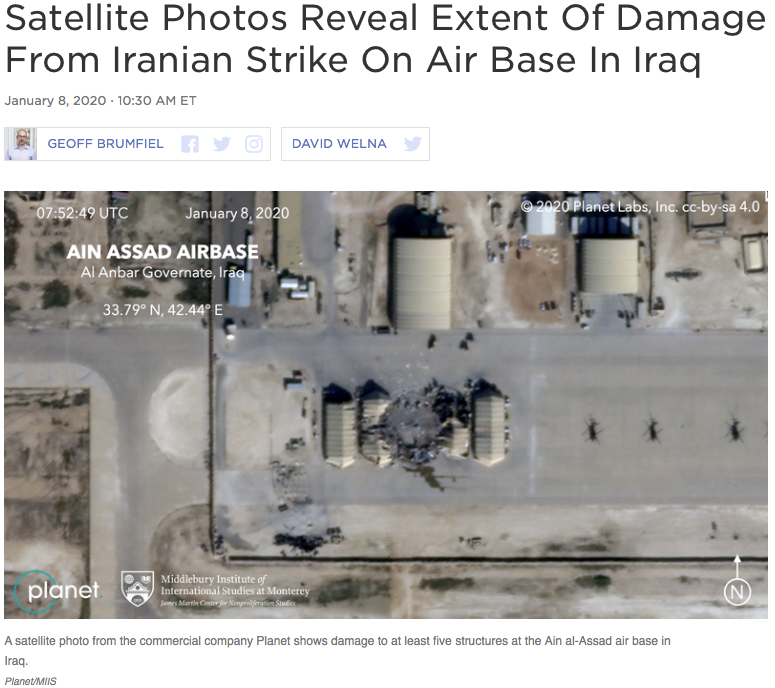
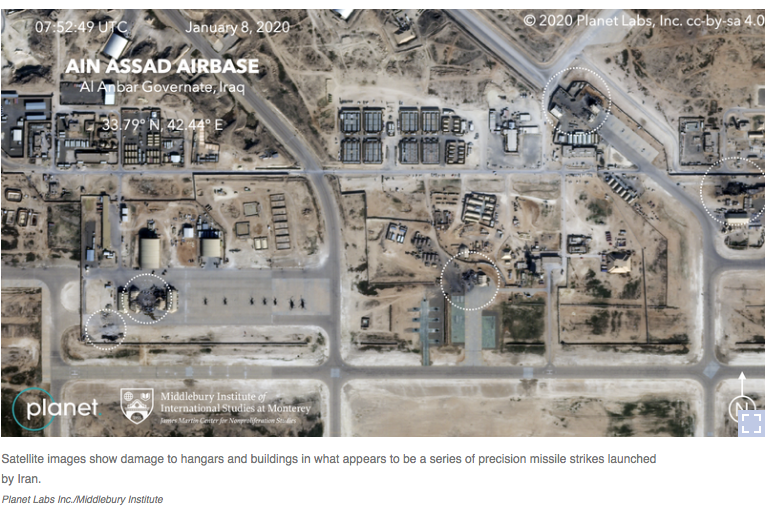
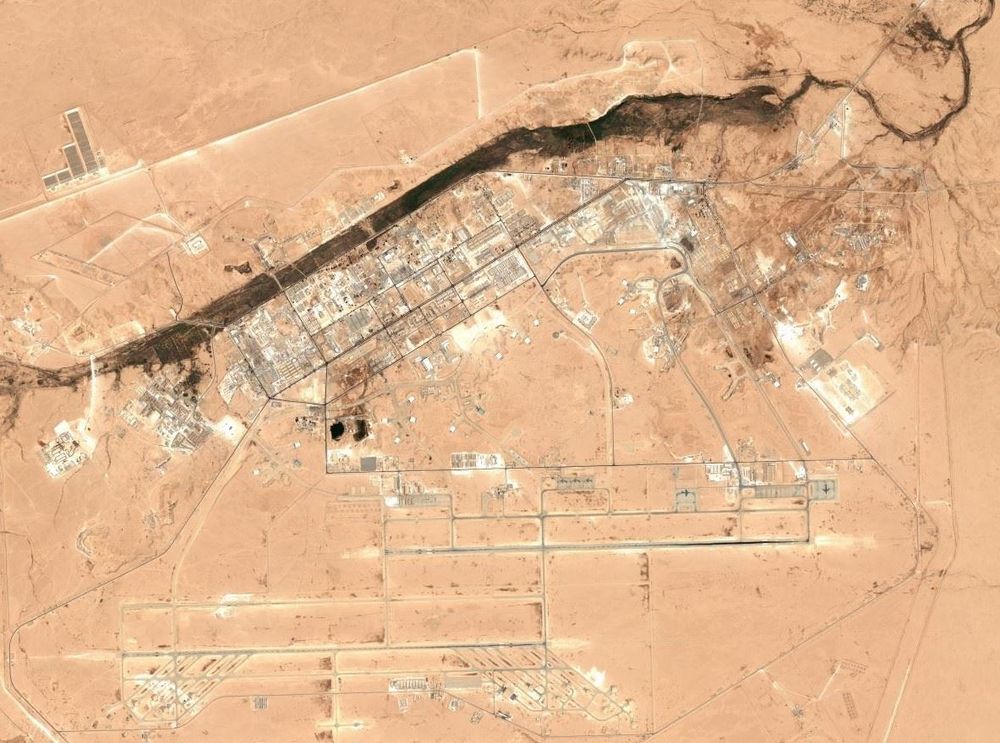
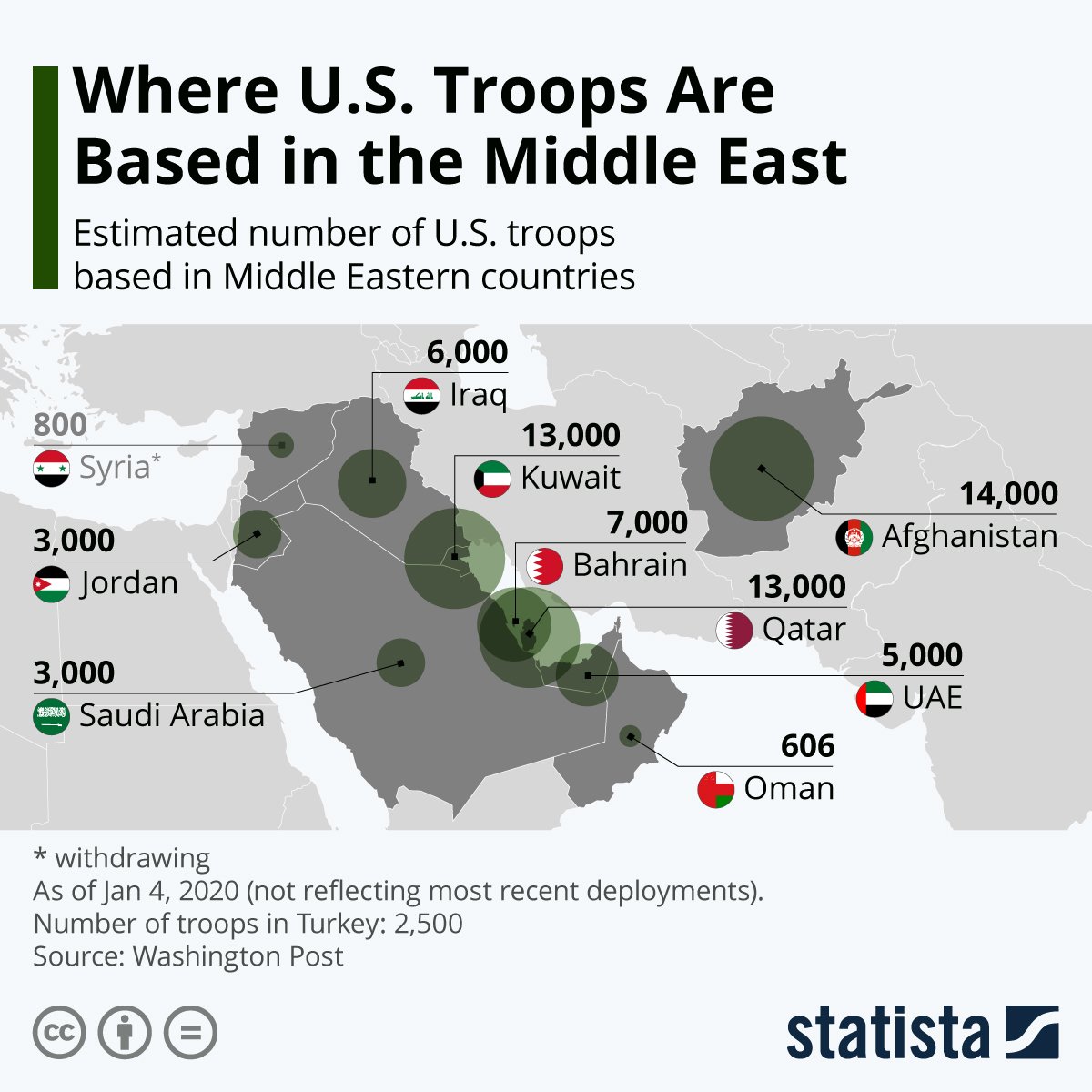






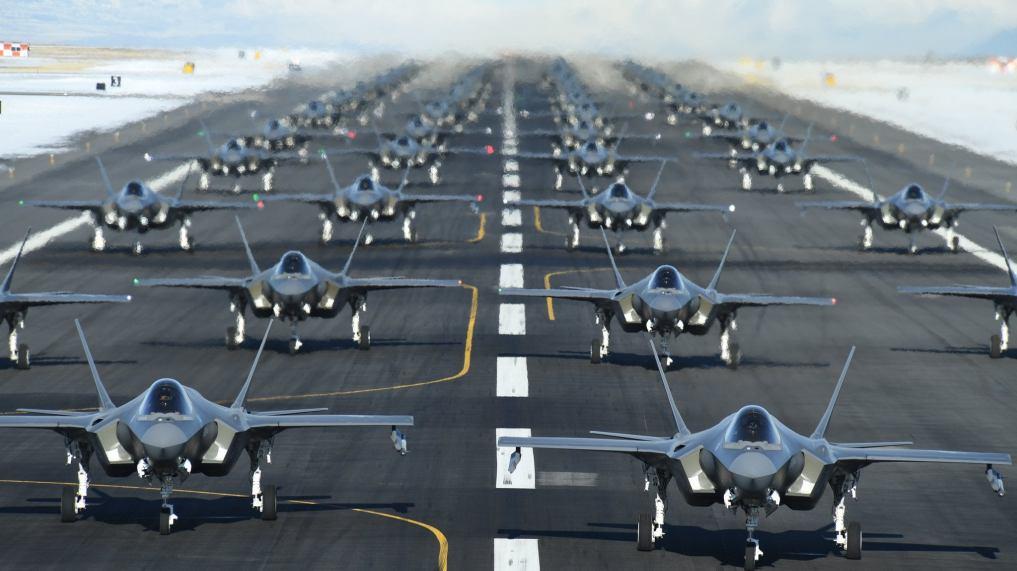

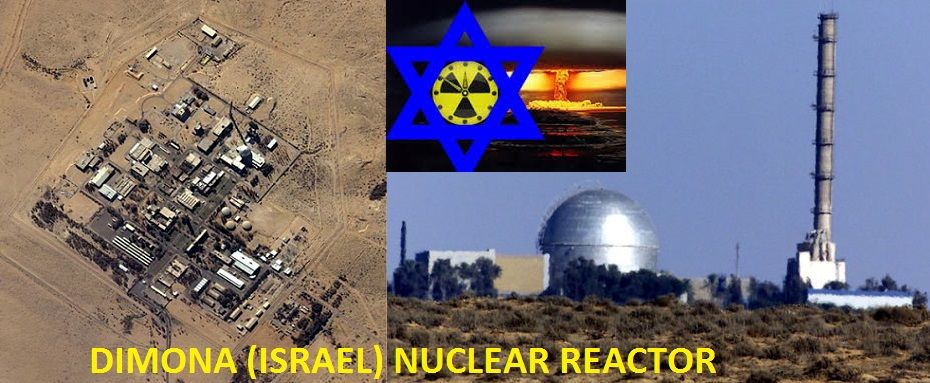
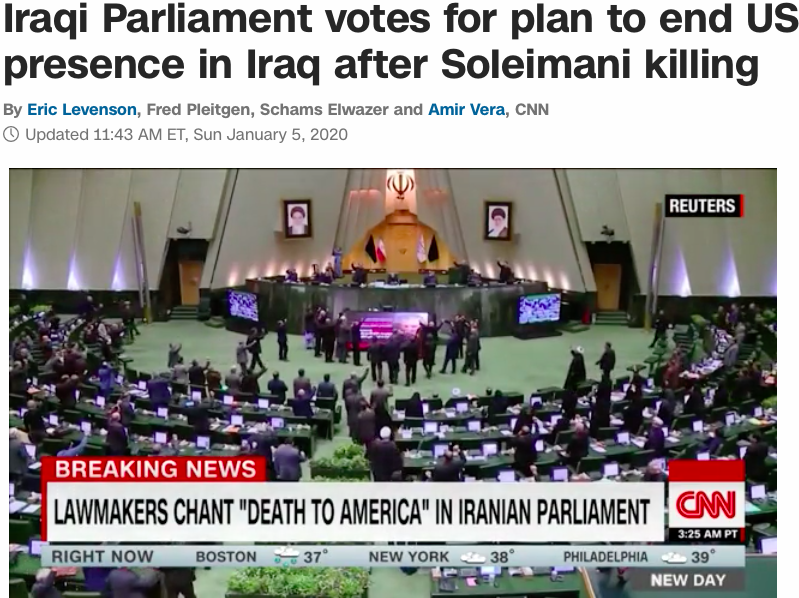
 From the very outset, Nobel Peace Laureate Barack Obama’s air campaign was NOT directed at ISIS. The evidence confirms that the Islamic State was not the target. Quite the opposite. The air raids were intended to destroy the economic infrastructure of Iraq and Syria.
From the very outset, Nobel Peace Laureate Barack Obama’s air campaign was NOT directed at ISIS. The evidence confirms that the Islamic State was not the target. Quite the opposite. The air raids were intended to destroy the economic infrastructure of Iraq and Syria.